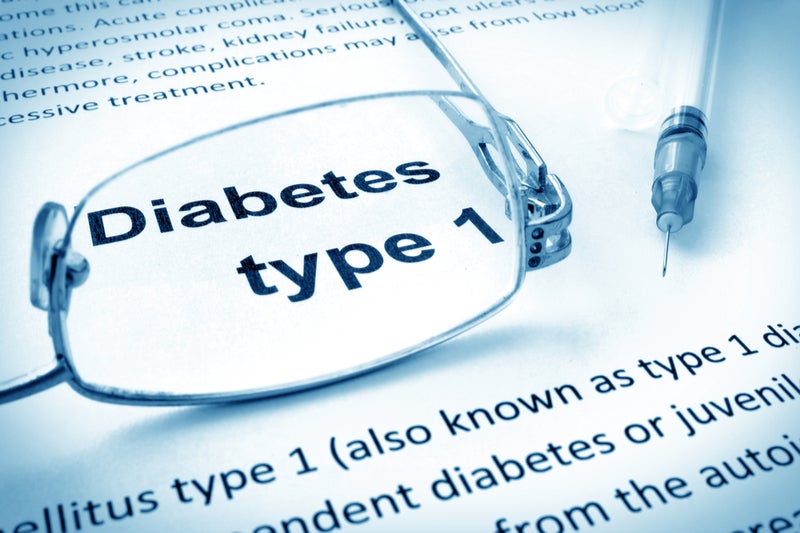On February 8, Zucara Therapeutics announced the publication of ZT-01 preclinical data for the treatment of insulin-induced hypoglycemia in patients with type 1 diabetes (T1D). Zucara is currently conducting a Phase 1b proof-of-concept clinical trial in people with T1D, with results anticipated in Q2 2022. Despite advances in insulin therapy, hypoglycemia is still a major issue in T1D and is a significant barrier to achieving glycemic control. With few therapeutics in development that focus on hypoglycemic prevention specifically, GlobalData expects there to be significant interest in the future outcome of ZT-01.
According to the published study, the somatostatin receptor 2 antagonist (SSTR2a) Zt-01 stimulates glucagon release and reduces hypoglycemia in rats with T1D. The study also compares ZT-01’s performance with an earlier prototype SSTR2a, PRL-2903. The data show that ZT-01 significantly increased glucagon secretion in rats with T1D, and that this improvement in counter-regulation was associated with reduced severity and frequency of hypoglycemia. These results suggest that SSTR2 antagonism may be a suitable therapeutic strategy to reduce hypoglycemia exposure in humans with T1D.
Hypoglycemia is a risk associated with all insulin therapies as, due to the lack of insulin-producing pancreatic beta cells, diabetics also lack the feedback mechanisms that regulate insulin levels, and as a result have a defective glucose counter-regulatory response. Patients with T1D experience complete glucagon dysregulation as a result of the destruction of insulin-producing B cells, while type 2 diabetes (T2D) patients may still have some glucagon activity to stimulate the release of glucose from the liver so that blood sugar increases. If the blood glucose level is low in a T1D patient, there is no counterregulatory hormone that can buffer the severity of that low level, and as a result, the blood sugar of a T1D patient can drop rapidly due to exogenous insulin.
Addressing hypoglycemia in T1D patients is a priority unmet need in the space. It has been clearly established that intensive glycemic control prevents and slows the progression of microvascular and macrovascular complications in T1D patients. However, frequent hypoglycemic events and the threat of hypoglycemia as a consequence of poor glycemic control pose a major barrier to optimizing glycemic control in T1D patients. The development of a treatment that would lower blood glucose to the target levels without causing hypoglycemic events, or an adjunct therapy to prevent the onset of hypoglycemic events, is one of the largest unmet needs.
Currently, there are no approved therapeutics that directly address the prevention of hypoglycemia in T1D patients. vTv Pharmaceuticals’s TTP-399 is a liver selective glucokinase activator in early Phase III development as an adjunct therapeutic for T1D patients. In Phase II studies, there were fewer treatment-emergent adverse events in the TTP-399 treatment group, and there was a trend toward a reduction in hypoglycemic and ketone events in the TTP-399-treated group. However, the focus of TTP-399 treatment is on maintaining optimal blood glucose levels, rather than preventing severe hypoglycemia. ZT- 01 is in the very early stages of development, but GlobalData believes it is likely that there will be a market for its effects as insulins continue to cause severe hypoglycemia.

US Tariffs are shifting - will you react or anticipate?
Don’t let policy changes catch you off guard. Stay proactive with real-time data and expert analysis.
By GlobalData





